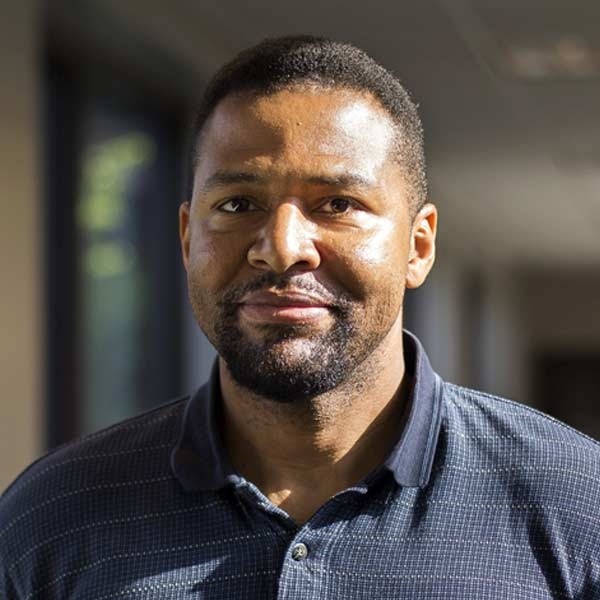News directly from Cornell's colleges and centers
Bethe Lecture: Testing space propulsion on Earth
For humans to travel the solar system, we first need to be liberated from Earth’s orbit. High power electric propulsion and nuclear propulsion systems offer promise in getting us off Earth, but how do we practically test these powerful engines on the ground?
Physicist and engineer John Foster, who thinks hard on how to mimic space travel on earth, will give the fall 2023 Bethe Lecture on this topic. Foster’s talk, “Realizing the Promise of High Power, Advanced Space Propulsion: The Testing Challenge” will be Wednesday, Nov. 15 at 7:30 p.m. in Schwartz Auditorium, Rockefeller Hall, and is open to the public. The lecture will be livestreamed by Cornell Video.
“The energetic plumes these rockets produce interact with the walls of vacuum chambers, which are supposed to simulate space-like conditions, leading to high backsputter rates and elevated chamber pressure,” said Foster, professor of nuclear engineering and radiological sciences at the University of Michigan. “If these problems are unavoidable, how do we account for these processes when interpreting the test data and then extrapolating to space operation?”
In the lecture, Foster will discuss the challenge of testing high power electric propulsion on the ground, unpacking the many physical processes that can affect the interpretation of on-orbit performance. He will also survey past ground test methods of characterizing nuclear thermal rockets—which are prohibited today—and current approaches being posed to test, understand and characterize performance of these engines on the ground.
Read the full story on the College of Arts and Sciences website.
Media Contact
Get Cornell news delivered right to your inbox.
Subscribe

